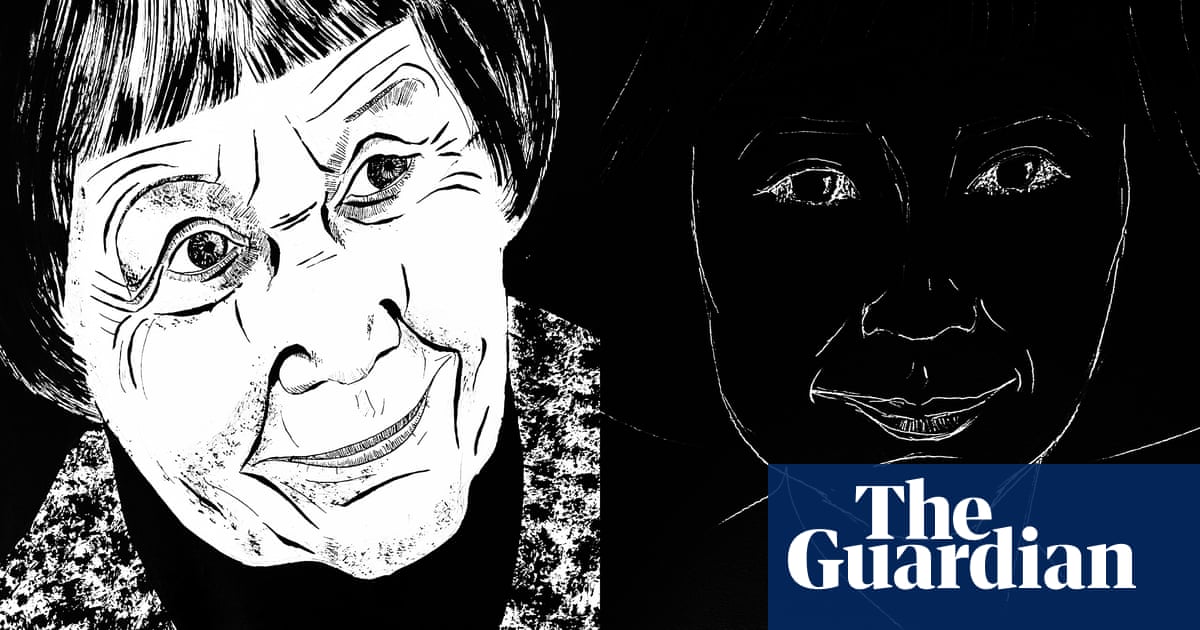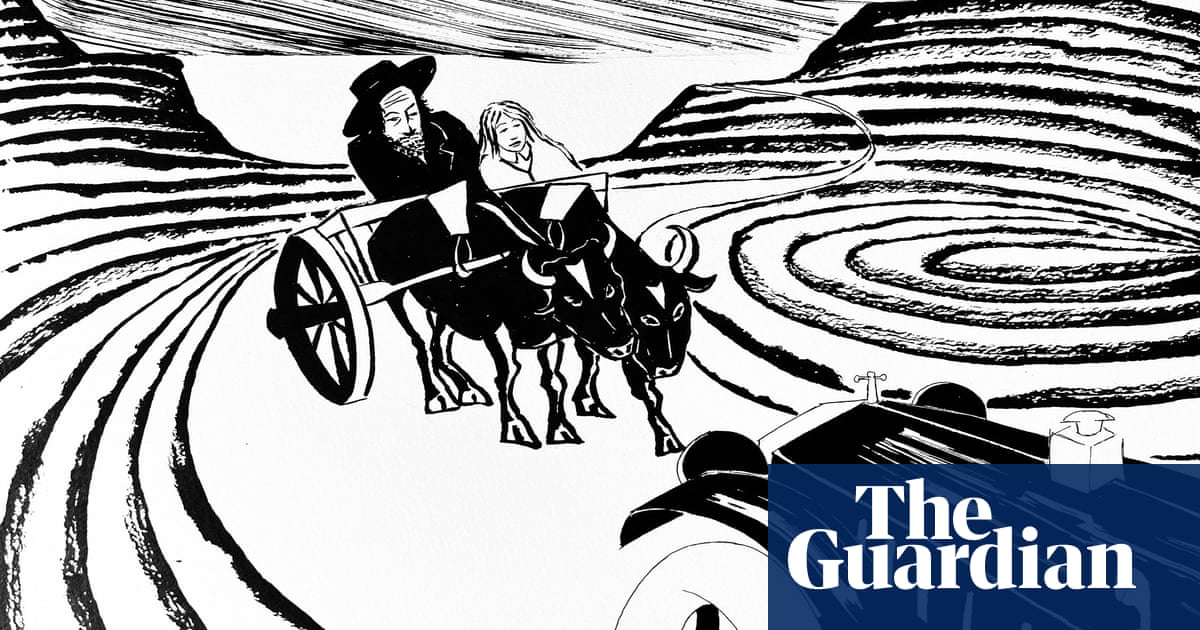
1963
The house is in Chatou, a southwest suburb of Paris.
It has proper French tree lined streets and stag beetles
noisily hovering under a fretted iron street lamp.
The kitchen is three times the size of our kitchen,
and foreign, hung with paintings. There are three windows
all without mullions but they aren’t doors.
It’s dark outside and I’m alone in the house, sitting
on the scrubbed pine table with my bare feet up on the dresser
because I’m painting my toenails and drinking real coffee.
My book Bonjour Tristesse (in French) is open beside me.
I’ve turned on the radio hoping to hear the Beatles’ first LP.
There’s some Bach. I fiddle with the dial.
After more solemn music an announcement
Le Président Kennedy est mort.
Above the radio is a sketch of a sparrow by Picasso on a red mount.
I know now it wasn’t an original.
I was kissed by a Frenchman the week before.
I am 19 and this is just the beginning of my life.
Meg Cox began writing poetry in her seventh decade, after completing a degree with the Open University. Now she has published her first collection, A Square of Sunlight, and it’s an appealing debut. Short, plain-speaking anecdotes alternate between humour and sadness, the humour often laced with astringency. There’s a bracing urge to argue with the rules of appropriate elderly behaviour, as well as poems which recall the sense of deliverance from English stuffiness and parochialism experienced by the young in the 1960s. This week’s poem is one of the latter – with an extra, American dimension.
Like several of the author’s “youthful-memory” poems, this one has a French setting. Cox doesn’t tell us what has brought the teenage protagonist to the Paris suburb: could she have been an au pair? (Perhaps unlikely, given her relaxed attitude to toenail-painting in the kitchen). The opening description of the street reflects a mixture of preconception (“proper French tree lined streets”) and surprised observation (the stag beetles “noisily hovering under a fretted iron street lamp”). Faithfully reporting on the unfamiliar, Cox deftly constructs a tone that’s naive but avoids self-mockery. The young woman is sharply alive to her new surroundings and armed with some of the required cultural fashion accessories, such as the Françoise Sagan novel, Bonjour Tristesse. The adult who’s remembering the scene can’t resist a few interjections, such as the remark about wanting to hear “the Beatles’ first LP” – a reference to Philip Larkin’s Annus Mirabilis.
The loose word-association of the band’s name, The Beatles, with the stag beetles of the opening street scene adds a tiny, pleasant stroke of redefinition. If you’re wondering, the Beatles’ first LP was Please Please Me, released in March 1963.
The US president, John F Kennedy, was assassinated on 22 November of the same year. By introducing the radio announcement of his death, Cox evokes a much larger and more ominous political scenario. Part of that may be the question of the centrality of America to the experience of the locally marketed swinging 60s. I don’t know who first asked the question “where were you when you heard the news of the assassination?” or popularised the idea that it was something “everyone” would be able to answer. Clearly, the event entered the collective consciousness with particular intensity in the US. Cox echoes the question by answering it in her poem. Her narrator to some extent complicates the perspective. She notes the Picasso sketch of a sparrow, adding, as an interjection, that she now knows it “wasn’t an original” – a telling comment, perhaps, on the consumerism and commercialism powering the glorious fantasies of the era of liberation. But the narrator doesn’t stoop to pieties: the future is still hers, and the Frenchman’s kiss is a more potent symbol than the president’s death.
As an afterthought, Meg Cox’s poem set me wondering which poets had written elegies for JFK. I found one by Nikki Giovanni and a collaboration song between WH Auden and the Russian composer Igor Stravinsky.
This article was amended on 23 May. In the eighth line of the poem, the word “dresses” has been changed to “dresser”. And Meg Cox began writing in her seventh decade not her sixth.












